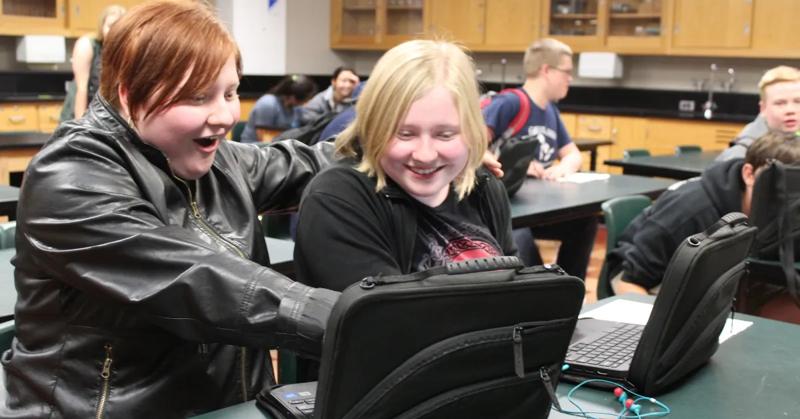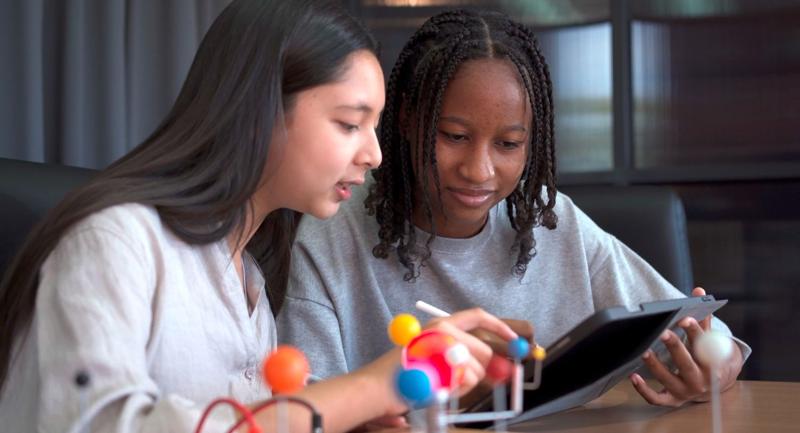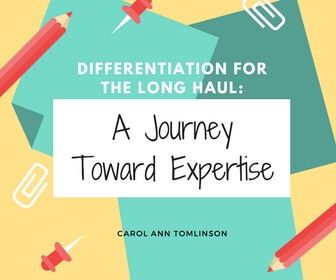The COVID-19 crisis is sending students home in unprecedented numbers, and for many teachers, this means moving to an online learning platform.
What does this mean for the way we communicate with students? What are some key ideas to consider as you try to communicate effectively through online tools?
General Best Practices
Let’s start by recognizing that the basic tenets of effective communication hold true, whether we’re in the same physical space, face-to-face on a teleconference call, exchanging emails or texts, or having a phone call. In all of these situations, our language should be…
Respectful
- Use students’ preferred names and spell/pronounce them correctly
- Avoid sarcasm or other demeaning language
- Assume students’ positive intentions, even when they’re struggling
Supportive
- Offer positive feedback that is specific, relevant, and true
- Offer constructive feedback that is specific, focused on growth, and not overwhelming
- Emphasize student ownership and engagement
Positive
- Talk about schoolwork in enthusiastic and joyful terms
- Emphasize intrinsic motivation (instead of using incentives) to build engagement
- Convey a tone of warmth and friendliness
If you’re about to communicate with a student, and you’re questioning your messaging (“Is this the best way to say this?”), try this sniff test. If your principal (or other supervisor) was about to communicate a similar message with you, how would you want them to say it so that it felt respectful, supportive, and positive?
Adapting Communication Online
While some general principles of effective teacher talk still hold true, when learning moves to remote formats, some things do change. Here are a few tips to keep in mind.
When communicating through writing, make sure to proofread. Even a brief rereading of your communication before it’s sent can help. By avoiding simple typos or miscommunications, your writing will feel more thoughtful and professional on the receiving end.
Keep text simple when writing. Don’t add tons of colors us over-use bold or italic fonts. Remember that writing in all capital letters can feel like yelling to the reader. Use a consistent and easy to read font so students can focus on what you’re saying.
When video-chatting, elevate your camera. If you’re using a laptop with a built-in camera, put the laptop up on a box or a stack of books. This means that people viewing you will see you straight-on instead of looking up your nose.
Wear professional clothing when online. What we wear matters—it’s part of our communication. By dressing like we would for school—in clean and wrinkle-free professional attire, we send the message that we’re taking online learning seriously and that we care about our students. Pajamas, sweatpants, or clothes you’d use to do yardwork might unintentionally tell students that you aren’t taking school seriously. (And if you’re not, why should they?)
Model a growth mindset about new teaching and learning techniques. You might be nervous about moving to an online platform. You may have doubts about how well at-home learning will work for your students. Consider this an opportunity to model what it looks like to try something new and to make mistakes.
For many more resources about effective teacher talk, check out this free LiveBinder.
Mike Anderson is an award-winning teacher and best-selling author. His latest book is all about effective teacher talk: What We Say and How We Say It Matter (ASCD, 2019). Mike consults with teachers and school across the US and beyond on topics such as teaching social and emotional skills through academic work, differentiating student learning through choice, and using a reading and writing workshop approach to literacy teaching. To learn more about Mike and his work, visit his website: www.leadinggreatlearning.com.





